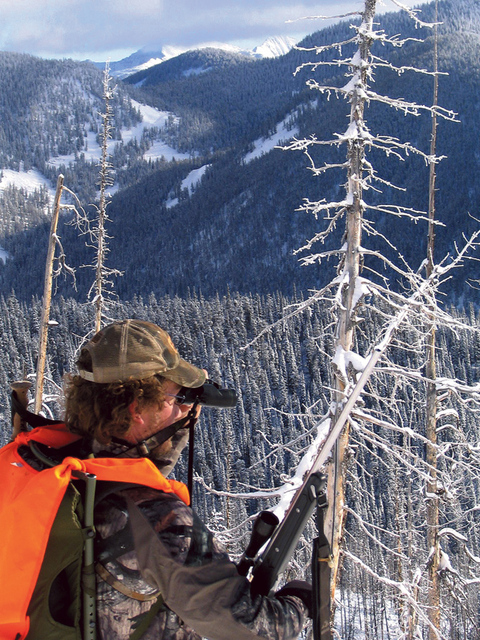Food For Thought: The Hunting Hangover, What Hunting And Your Appendix Have In Common
What Hunting And Your Appendix Have In Common


Ari LeVaux
Latest Article|September 3, 2020|Free
::Making Grown Men Cry Since 1992


Ari LeVaux
